In English
3 de abril de 2019
2.1 Billion Do Not Have Drinking Water, Says UN – Level 3
Over 2 billion people do not have access to drinking water, according to a United Nations (UN) report that was published three days before World Water Day which is celebrated on March 22nd.

Over 2 billion people do not have access to drinking water, according to a United Nations (UN) report that was published three days before World Water Day which is celebrated on March 22nd. The document “No One Left Behind” was issued in Geneva, in Switzerland.
According to the report, in 2015, three out of 10 people (2.1 billion people or 29% of the world’s population) did not have access to water that is treated or adequate for human consumption, and six in every 10 (4.5 billion or more than half of the world’s population) did not have proper basic sanitation, such as treated sewage and toilets.
Access to water is internationally recognised as a human right. According to the UN, lack of water or sanitation can lead to diseases and even stop someone from working or going to school.
AFRICA
Access to water varies across the world. According to the report, half of the people who drink water from unsafe sources live in Africa. Most of the time, women and girls are responsible for water collection: they spend up to half an hour each way to collect water that is appropriate for use.
In Sub-Saharan Africa (part of the continent that is south of the Sahara Desert), only 24% of people have access to drinking water and 28% have their own sanitation facilities, meaning that it is not shared with other families.
RICH AND POOR
There are differences within countries, especially between the rich and poor. People who live in precarious places in cities, such as slums, might pay up to 20 times more than their neighbours in wealthy areas just so they can have water that is of similar or maybe even lesser quality. Drinking water is not usually piped in these places, and residents have to resort to water suppliers or tank trucks to get it, which makes it more costly.
AGRICULTURE
According to the report, water consumption has increased 1% every year since 1980. If this pace is kept up, it is predicted that water expenditures around the world will be 20-30% higher by 2050. Agriculture is the sector that uses the most water, with 69% of total consumption. Use in manufacturing corresponds to 20% and residential use to 12%.
QUESTIONS
1) According to the text, which of the alternatives is incorrect?
a) Access to water and basic sanitation is an internationally recognised human right.
b) 29% of the world population does not have access to drinking water.
c) The challenges in obtaining quality water and basic sanitation are the same worldwide.
d) Agriculture is the sector that uses the most water globally.
2) How is water important to you?
Ixi! Você bateu no paywall!
Ainda não é assinante? Assine agora e tenha acesso ilimitado ao conteúdo do Joca.

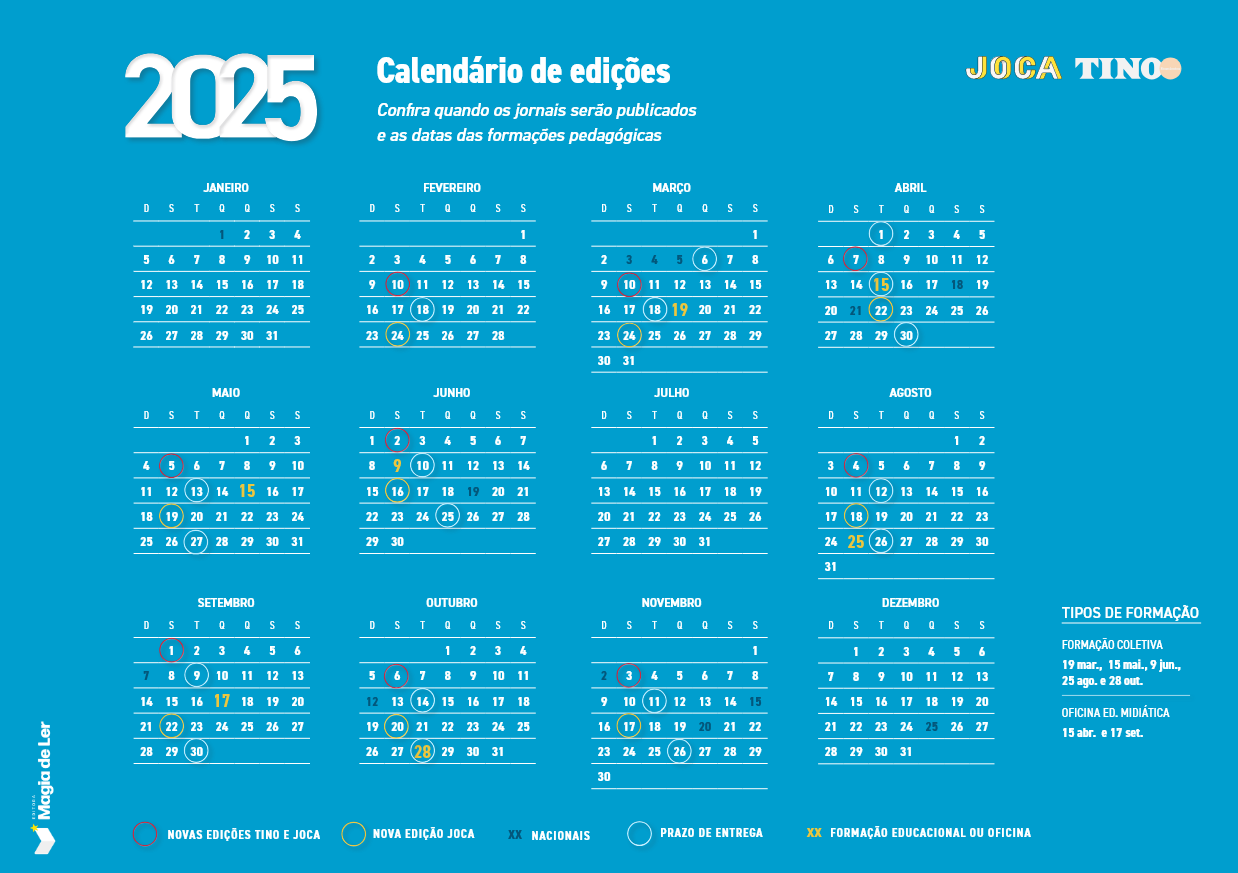
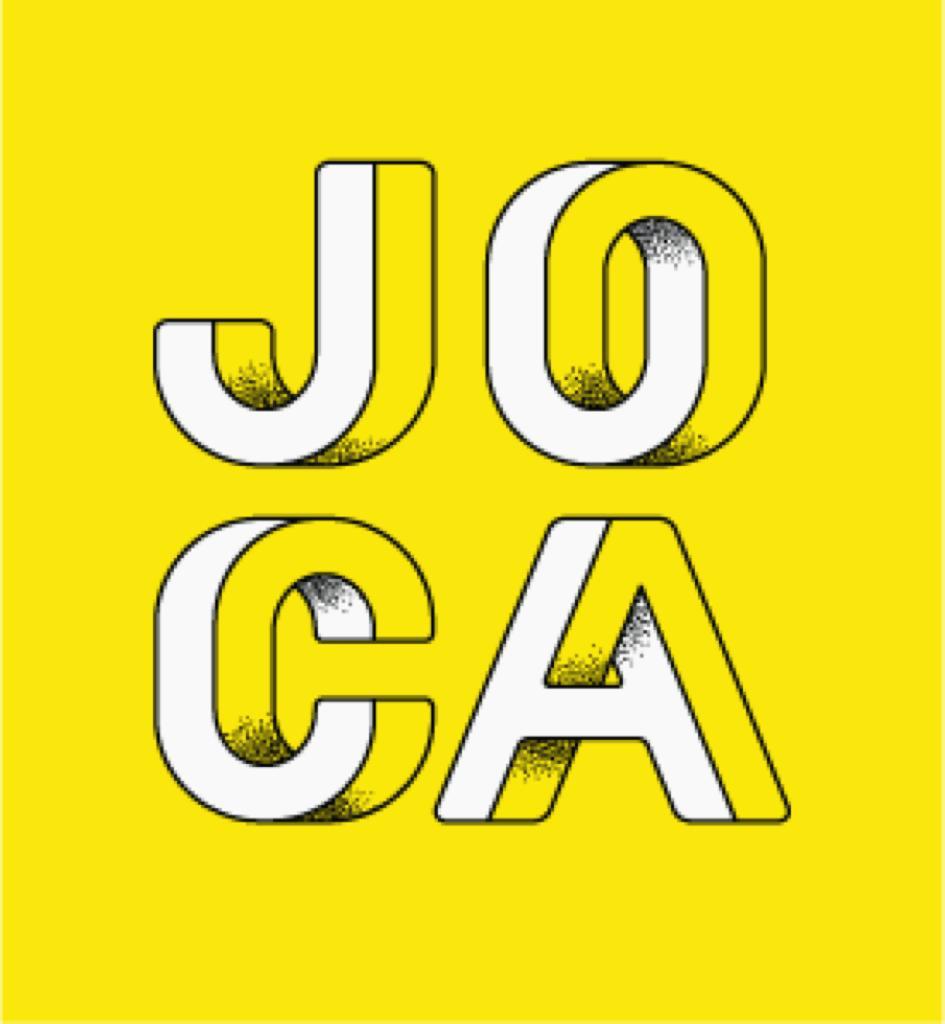





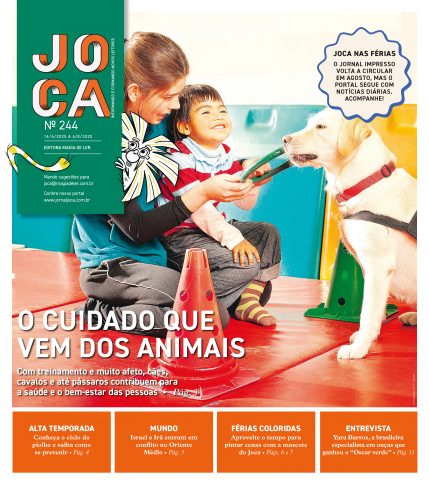

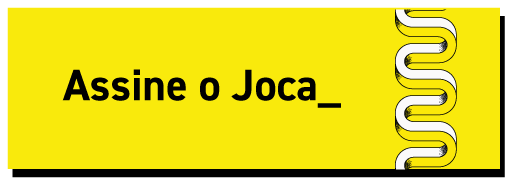
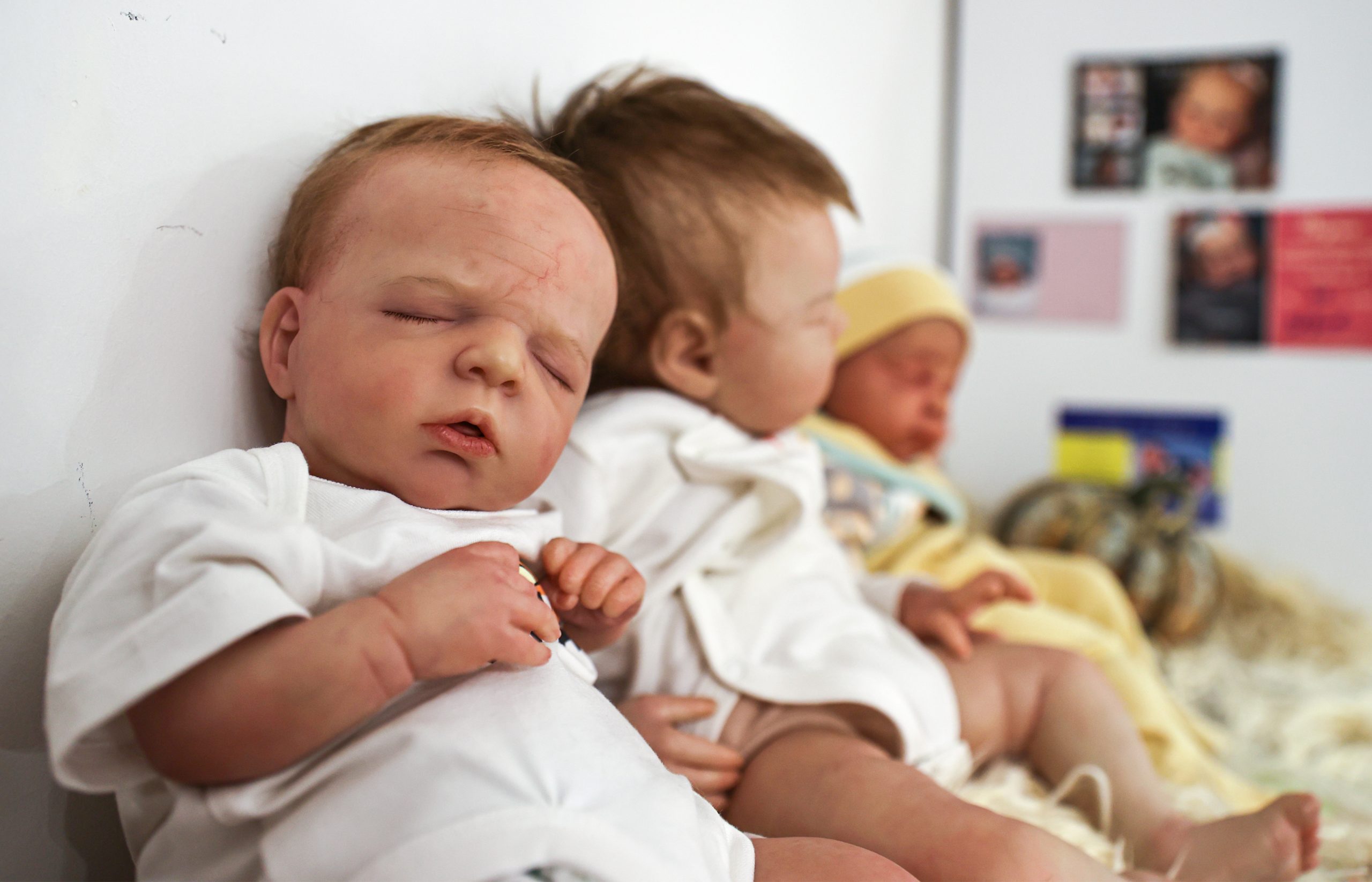
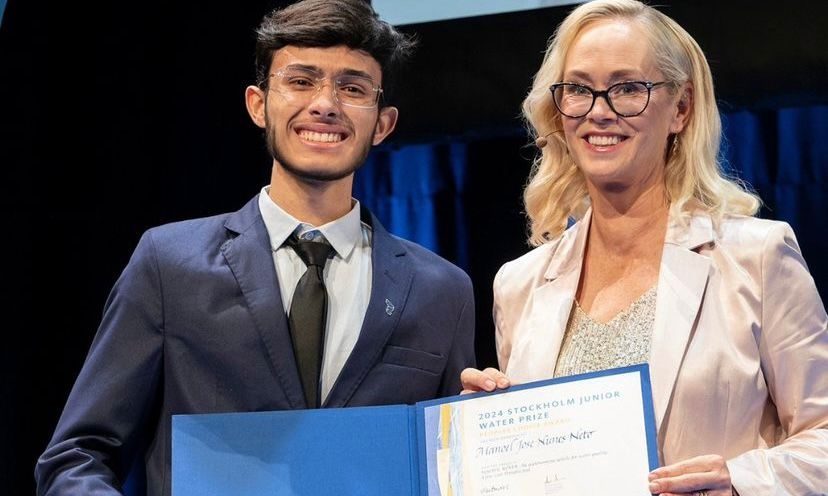
Você precisa fazer o login para publicar um comentário.